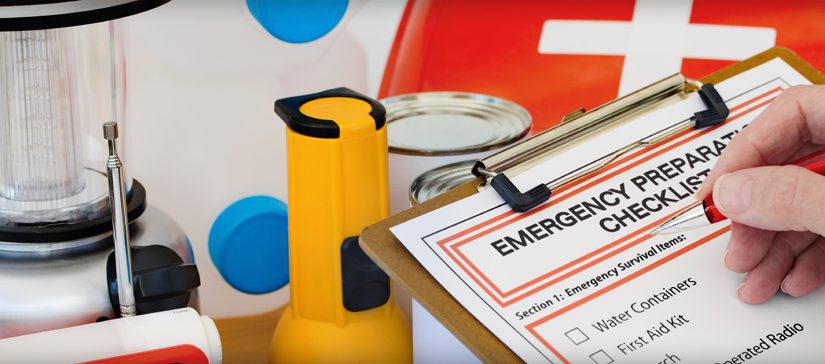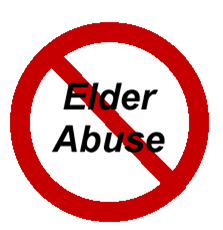Elder Justice Act Information
IF YOU HAVE REASONABLE SUSPICION THAT A CRIME HAS OCCURRED AGAINST A RESIDENT OR PERSON RECEIVING CARE AT THIS FACILITY, FEDERAL LAW REQUIRES THAT YOU REPORT YOUR SUSPICION DIRECTLY TO BOTH LAW ENFORCEMENT AND THE STATE SURVEY AGENCY
If you believe the crime involves serious bodily injury including criminal sexual abuse to the resident, you must report it immediately, but no later than 2 hours after forming the suspicion.
OR
If the crime does not appear to cause serious bodily injury to the resident you must report it within 24 hours after forming the suspicion.
WHO MUST REPORT
Individuals who must comply with this law are: owner(s), operators, employees, managers, agents or contractors of this LTC facility. This law applies to the above individuals associated with nursing facilities, skilled nursing facilities, hospices that provide services in LTC facilities, and Intermediate Care Facilities for the Mentally Retarded (ICFs/MR).
PENALTIES FOR NOT REPORTING
Individuals – Who fail to report are subject to a civil monetary penalty of up to $300,000 and possible exclusion from participation in any Federal health care program as an “excluded individual.”
NO PENALTIES FOR REPORTING
- An LTC facility cannot punish or retaliate against you for lawfully reporting a crime under this law. Examples of punishment or retaliation include: firing/discharge, demotion, threatening these actions, harassment, and denial of a promotion or any other employment-related benefit or any discrimination against an employee in the terms and conditions of employment. In addition, a facility may not file a complaint or a report against a nurse or other licensed individual or employee with the state professional disciplinary agencies because the individual lawfully reports the suspicion of a crime.
- Employees can file a complaint with the state survey agency against the facility if there is retaliation for reporting, causing a report to be made, or for taking steps in furtherance of making a report of a reasonable suspicion of a crime to the appropriate authorities.
HOW DO I REPORT
- Individuals reporting suspicion of a crime must call, fax, or email both local law enforcement and the state survey agency.
- Multiple individuals can report a suspicion of a crime jointly and will be considered in compliance with the law. However, an individual may report the suspicion separately if he/she chooses to do so and the facility may not prevent an individual from reporting.
Find out more at: https://www.cdc.gov/violenceprevention/elderabuse/index.html








